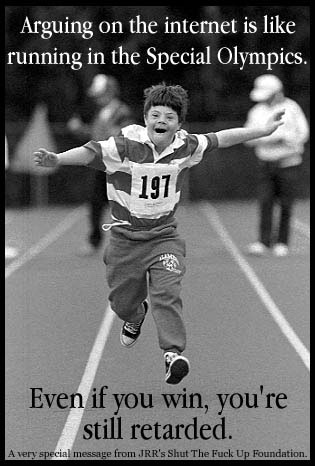Some great ways to begin building your new brain (These are obviously biased to a technical POV):
- Math and Physics with attention to "rigor." A good, free starting point is KhanAcademy (videos). He's one of the best free sources of info for lower division math and physics (and his other videos aren't bad either). For more theory and practice, look for introductory Calculus books from Spivak and maybe Apostol. Both are good. Spivak's Differential Geometry (Graduate math) is excellent, as is his short, conceptual preview to said topic titled, "calculus on manifolds." - In general, try to understand how the math came to be, try to work the proofs and problems on your own for a while before consulting the book, and even then it might be useful to simply look at ONLY the next step you're missing.
- Programming: I'd recommend C++, but Web-programming is very useful too.
- Engineering projects: Audio amplifier design, digital signal processing study, mechanical engineering (perhaps study automobile racing chassis and suspension dynamics and aerodynamics to understand what allows a car to really GRIP)
- Reading: Read some GOOD books. Even in SciFi we have Huxley's Brave New World, which should be included in many "Top 100" lists. I'd browse a few of those CLASSICS lists and choose the books that appeal to you. You could even download them as PDF's if you have an e-reader (Amazon's Kindle is the most popular).
- Reading Philosophical texts, discussions: Try to understand the arguments and logic (programmers might actually have an advantage in some cases)... it'll eventually put your mind into a loop...highly circuitous it can be.
- Make a Vocab and sentence-structure guide: I'm of the opinion that vocabulary-boosting books are always incomplete. They often don't cover many of the words I'd want, and the words that are covered are not given in-depth coverage. I'd like to have multiple definitions, forms of the word, origin, several examples of ideal usage, idiom, synonyms, antonyms, related words, prefix/suffix, etc... It'd also be nice to jot down some well-crafted sentences for their structure and elegance, and maybe keep a collection of these. If you turn this into a powerpoint presentation with 1 word/sentence analyzed per slide, and watch it a few minutes per day, then you'll probably retain everything.
- Study the Market/Economy: Don't confuse this with university economics, which I've found to be largely hokum until graduate level. You could instead use knowledge of statistics to really study the market yourself. It's interesting to see what happens when you run backtesting and forwardtesting (no, not time-travel, create rules then test what would have happened) simulations of self-created trading systems for stocks, bonds, etc.
- Test-Taking Skills: Train the Perceptual Ability portion of the DAT (dental admissions test). Then train for the LSAT. Then of course the Math sections of the SAT and GRE. You could try IQ tests and puzzles as well.
- Advanced Test-Taking: Find some International Math Olympiad and Putnam Math exams. Work through the problems. You could do the same for Physics Bowl challenge problems.
- Brain-Training games: I suppose these are useful. I tried the Dual-N-Back game and it seems I was able to improve slightly, but I can only play it when I feel like my blood sugar, cortisol, thyroid, etc are balanced (I have some basic health issues affecting reliable cognition).
- PC gaming: Counterstrike-Source is probably the most competitive FPS around (it's skill-based). Strategy games: Dawn of War 2 is often selling for $20. Indie Games: There are tons of indie puzzle-based games going on sale on Steam and D2D.
- Chess: I'd still play this on a computer...
- Rubiks and 4x4, 5x5, etc CUBES
*Now I have not mastered all or even most of these, but my schedule would involve these activities if my health permitted. I am able to completely ace the LSAT, GRE, and even score competitively on the I.M.Olympiad and Putnam Exams, however. I wish I had a reason to take those exams officially... maybe I'll submit a mind-blowing math thesis to Caltech one of these days and attempt to bypass the process... I can dream...
Edit: I forgot to mention to use OpenCourseWare. MIT has one of the best and most complete. Youtube also has various lectures even from abroad, so just search.
Edit 2: Don't neglect development and balance (ambidexterity seems desirable) of physical coordination...and exercise ("nootropic")
Edited by VampIyer, 28 December 2009 - 09:03 PM.

























































